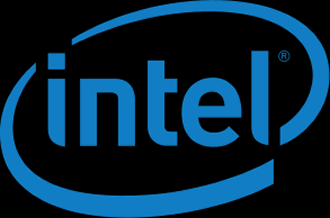 Kiwi cops have been forbidden from sharing encrypted computer keys belonging to Kim Dotcom with their chums at the FBI.
Kiwi cops have been forbidden from sharing encrypted computer keys belonging to Kim Dotcom with their chums at the FBI.
In 2012, New Zealand police seized computer drives belonging to Kim Dotcom, copies of which were unlawfully given to the FBI. Dotcom wants access to the seized content but the drives are encrypted. He is worried that if he types them in the Kiwi cops will give them to the FBI who will use it against him.
A judge has now ruled that even if the Megaupload founder supplies the passwords, they cannot subsequently be forwarded to the FBI.
In May 2012 during a hearing at Auckland’s High Court, lawyer Paul Davison QC demanded access to the data stored on the confiscated equipment, arguing that without it Dotcom could not mount a proper defence.
But while Dotcom subsequently agreed to hand over the passwords that was on the condition that New Zealand police would not hand them over to US authorities.
The police agreed to give Dotcom access to the prompts but only if the revealed passwords could be passed onto the United States.
Justice Winkelmann ruled that if the police do indeed obtain the codes, they must not hand them over to the FBI. Reason being, the copies of the computers and drives should never have been sent to the United States in the first place and they had been illegally handed over.



















